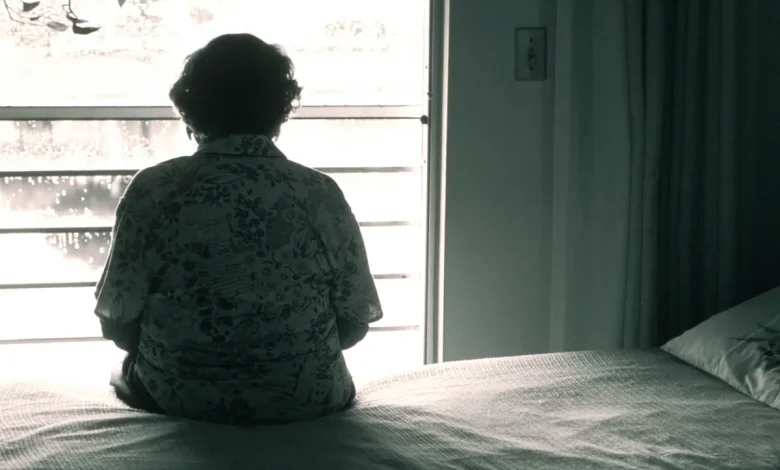
The Kyrgyz Republic has decided to withdraw a proposed bill that sought to intensify punishments for individuals neglecting their responsibility to support children and the elderly. This decision comes after the initial bill, which outlined criminal penalties for children refusing to provide assistance to their parents, was adopted in the first reading, TuraNews.kz reports citing 24.kg.
Originally put forward by Deputy Tazabek Ikramov, the amendments aimed to impose fines of up to 100 thousand soms or imprisonment lasting one to two years for children evading their duty to support their parents, particularly those left in nursing homes.
Due to the influx of numerous proposals and concerns, the Jogorku Kenesh opted to reconsider the bill promptly. As a result, a revised version has been submitted for public discussion, reflecting not only the responsibility of children to their elderly parents but also highlighting the obligations of parents to minors or adults with disabilities in need of financial assistance.
The proposed norms, outlined in Articles 178 and 179 of the Criminal Code of the Kyrgyz Republic, encompass penalties for non-compliance. The justification certificate accompanying the amended bill notes the absence of legislation regulating the timely and complete fulfillment of alimony obligations, prompting a proposal to amend the Code of Offenses to strengthen accountability.
Under the revised bill, parents repeatedly failing to meet child support obligations may face community service lasting 40 to 100 hours or imprisonment for up to nine months. For adult, able-bodied children neglecting their responsibilities, the proposed penalties include a fine ranging from 500 to 1,000 calculation indices (50-100 thousand soms) or imprisonment for up to nine months. Repeat offenses may lead to more severe consequences, such as a fine of 800 to 1,200 monthly calculation indices (80-120 thousand soms) or imprisonment for up to one year, coupled with the deprivation of special titles or ranks.



